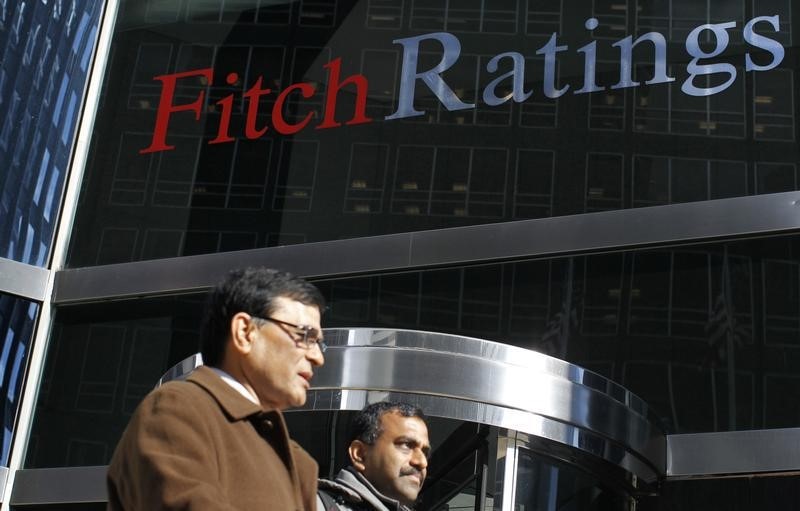By Marc Jones
LONDON, Sept 13 (Reuters) - A spending spree by developed economy governments is unlikely to give a lasting boost to growth and may well just leave them with higher debts if Japan's experiences are anything to go by, Fitch's head of sovereign ratings said on Tuesday.
Calls have been growing for governments to switch from austerity to spending again amid worries that the negative interest rates and money-printing used by some of the world's top central banks are losing their beneficial impact.
The argument is that governments should take advantage of the record low borrowing costs to invest in infrastructure for the future, but Fitch's James McCormack said there was a risk that so doing would not pay off.
"Government spending is a component of GDP so there is no question that you will get stronger growth from fiscal easing if it is done on the spending side," he said at a Fitch sovereign ratings conference.
"But in terms of debt dynamics I think we have to look at how effective it is at actually stimulating growth (over the longer term)." There is "no question there is going to be a fiscal deterioration if we go that way", McCormack added.
He said Japan was the obvious case study, having tried for decades to kick-start its economy and fend off deflation.
"There is no reason to believe the fiscal multipliers don't work, but then if you look back at Japan's experience of this over the years, it didn't really work. You ended up with a huge fiscal expansion over the years and you just ended up with higher debt."
McCormack said average sovereign ratings for both developed and emerging economies were currently at their lowest levels on record.
(Editing by Catherine Evans)
